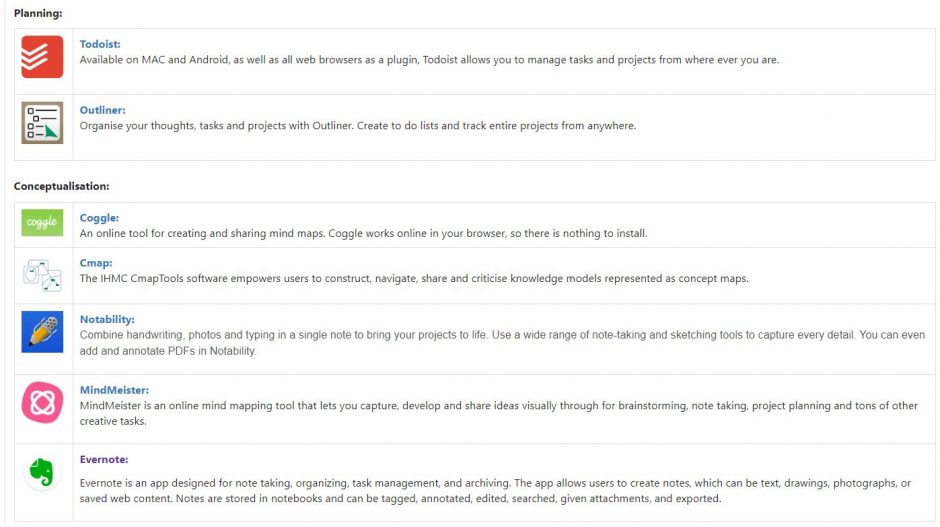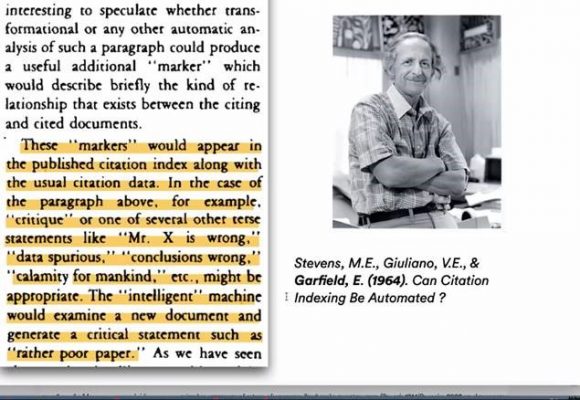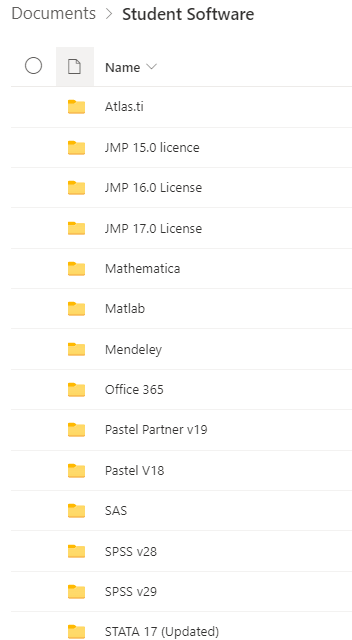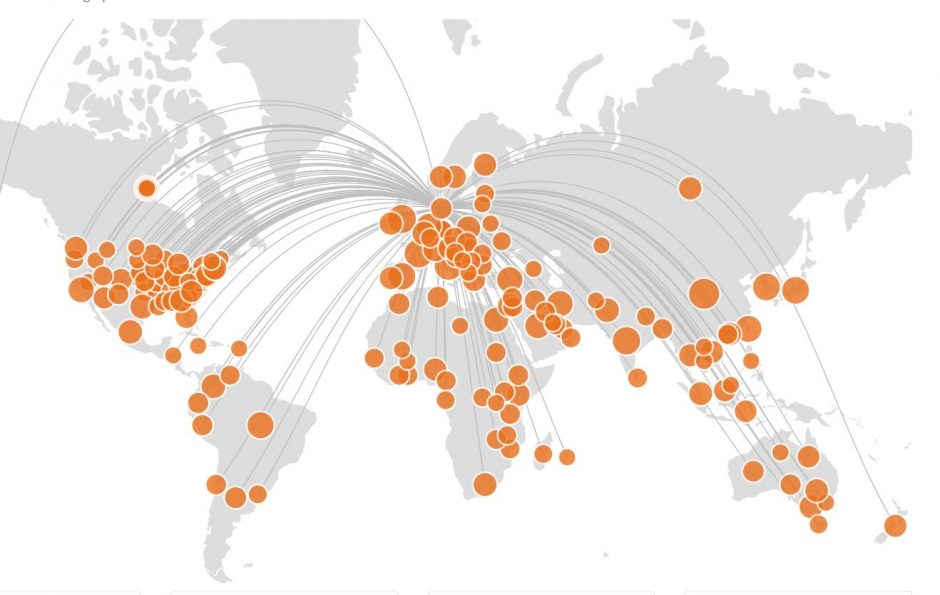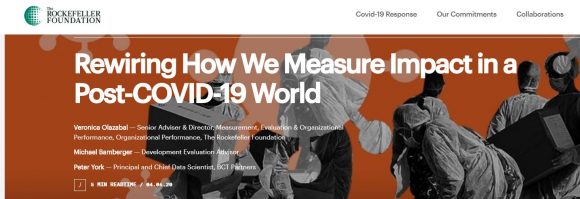Do you know about the SU Policy on Mandatory Self-archiving of Research Output, which was approved in December 2014?
The policy requires that full-text copies of published journal articles or conference proceedings of SU research output be hosted in the institutional repository, SUNScholar .
The following versions of your articles may be submitted to the repository (all in compliance with the policy of the publisher):
- Publisher’s version
- Post-print (final peer-reviewed manuscript with the incorporation of revisions)
- PDF of peer-reviewed conference paper
You may contact your Faculty Librarian who will be able to submit on your behalf, or submit your research output yourself by sending an e-mail to scholar@sun.ac.za, requesting to register as a submitter. The steps are also set out on our help page. One individual may also submit on behalf of a department after they have been registered and have all the necessary information to complete the citation.

